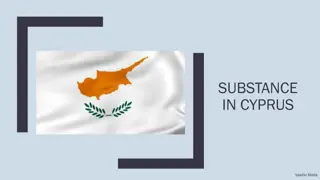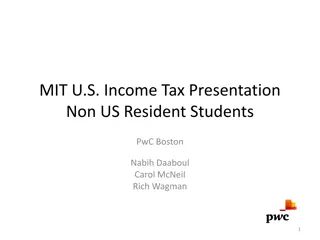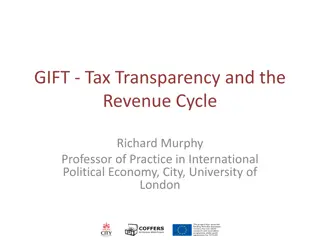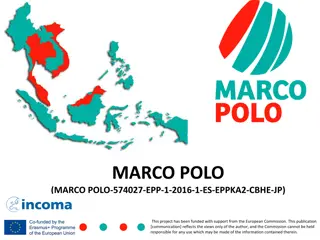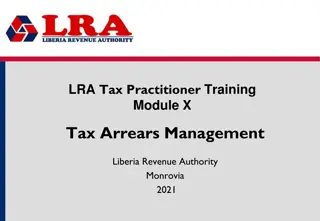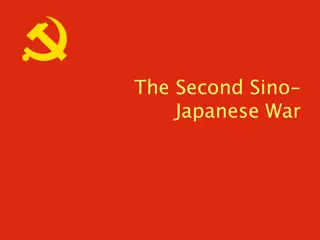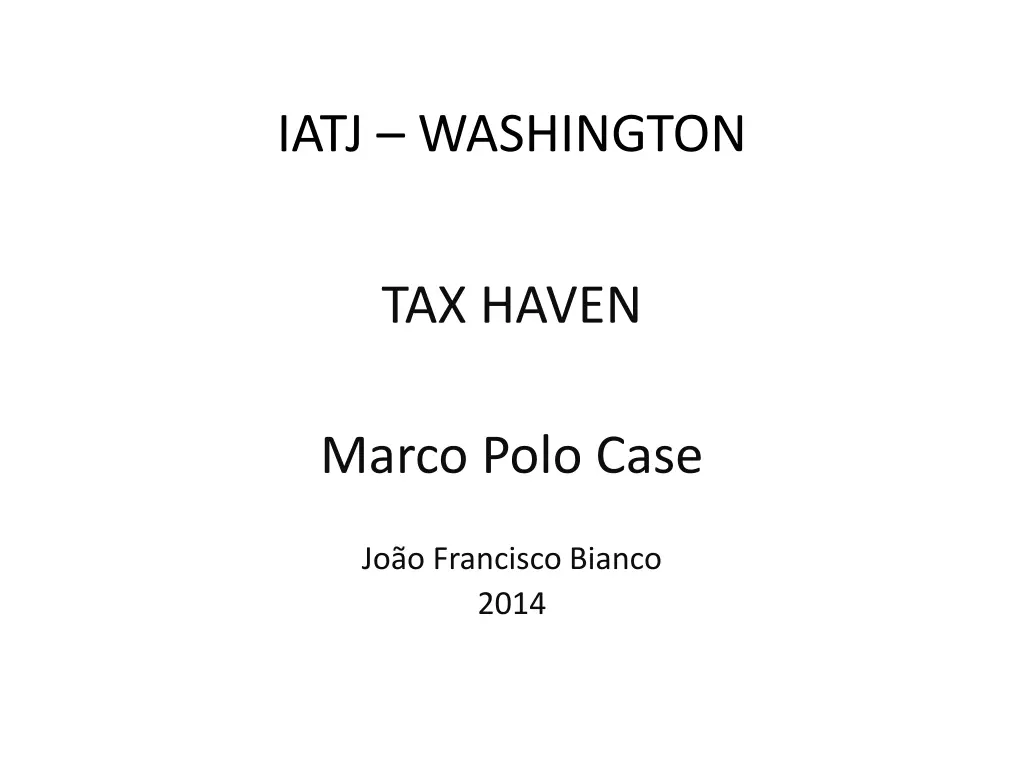
Tax Controversy: Marco Polo Case Analysis
Explore the tax controversy surrounding Marco Polo, a truck manufacturer in Brazil, accused of tax evasion using intermediaries in offshore tax havens. The case involves arguments from both the tax administration and the taxpayer, with legal disputes examined by lower and superior administrative courts. Dive into the debate over legitimate business purposes, artificial transactions, tax evasion, and more in this complex financial case study.
Download Presentation

Please find below an Image/Link to download the presentation.
The content on the website is provided AS IS for your information and personal use only. It may not be sold, licensed, or shared on other websites without obtaining consent from the author. If you encounter any issues during the download, it is possible that the publisher has removed the file from their server.
You are allowed to download the files provided on this website for personal or commercial use, subject to the condition that they are used lawfully. All files are the property of their respective owners.
The content on the website is provided AS IS for your information and personal use only. It may not be sold, licensed, or shared on other websites without obtaining consent from the author.
E N D
Presentation Transcript
IATJ WASHINGTON TAX HAVEN Marco Polo Case Jo o Francisco Bianco 2014
Marco Polo Case FACTS Marco Polo is a truck manufacturer in Brazil It sells trucks to China Trucks are delivered directly to clients in China Trucks are sold to Trading Co in BVI and are resold to clients in China Profit margin of 15%
China CLIENT Resale BVI $ 115 TRADING CO Sale $ 100 Brazil Delivery MARCO POLO
Marco Polo Case ARGUMENTS OF THE TAX ADMINISTRATION Artificial transaction (sham) Formal (not real) intermediation of Trading Co Trading Co has no substance Transaction disregarded for tax purposes Omission of income ($ 15) Tax evasion (crime)
Marco Polo Case ARGUMENTS OF THE TAX PAYER Legitimate business purpose Structure is not artificial Trading Co was correctly created The use of tax havens is not by itself evidence of simulation Trading Co operates with representatives all over the world Trading Co is a CFC and its profit was taxed in Brazil Income was not omitted (was taxed) in Brazil The sale of the trucks to Trading Co was in accordance with TP rules
Marco Polo Case LOWER ADMINISTRATIVE COURT Trading Co did not make any commercial effort Trading Co exists but did not intermedite sales The sale of the trucks to the Trading Co was simulated The profit of the Trading Co is Marco Polo s It has to be taxed in Brazil
Marco Polo Case SUPERIOR ADMINISTRATIVE COURT Trading Co had representatives in many countries The intermediation activity was proved (representatives) There was not omission of taxable income because: Trading Co s profit was taxed according to CFC legislation Marco Polo s profit was taxed according to TP rules Specific anti avoidance rule: Sales to tax havens have a minimum profit margin (TP) What hapens afterwards does not matter Off-shore companies do not have regular structures That is why there are TP rules
Marco Polo Case DISCUSSION Presumed (or minimim) tax base X reality Specific anti avoidance rule X simulation Can we consider the Marco Polo structure tax evasion (crime)?



![Town of [Town Name] Real Estate Tax Rates and FY 2024 Budget Summary](/thumb/62211/town-of-town-name-real-estate-tax-rates-and-fy-2024-budget-summary.jpg)


